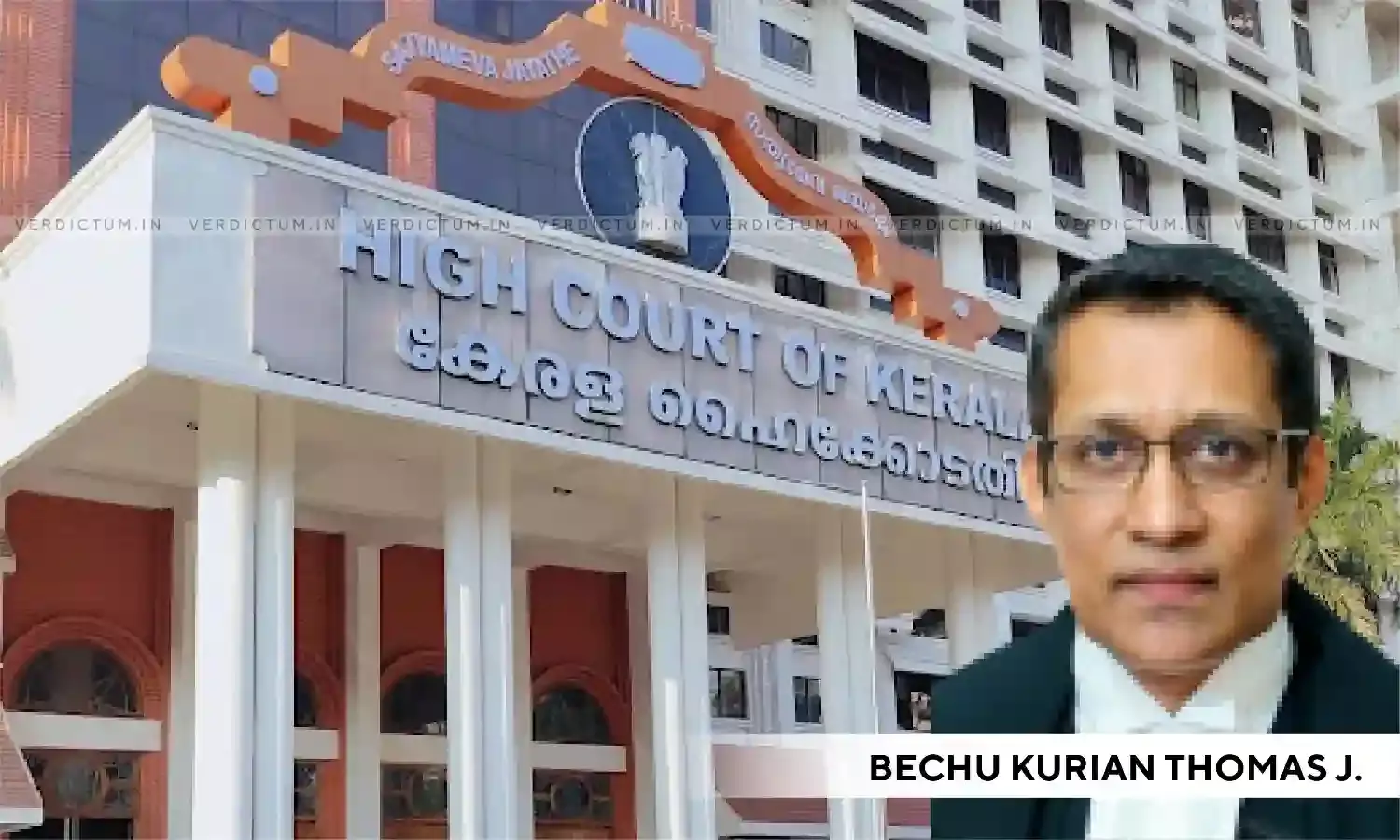Kerala Healthcare Act - Obstruction Or Hindrance Committed On Healthcare Provider Is Grave Offence And Non-Bailable – Kerala HC

Justice Bechu Kurian Thomas of the Kerala High Court has held that under the Kerala Healthcare Service Persons and Healthcare Service Institutions (Prevention of Violence and Damage to Property) Act, 2012 an obstruction or hindrance committed on a healthcare provider is a grave offence and non-bailable.
Asserting that attacks against doctors and medical institutions have been on an unprecedented rise in the last decade and a half, the Court noted that Kerala became the pioneer in enacting a law on violence against doctors.
The Court further continued to note that Kerala Healthcare Act 2012 was enacted to curb the evil of such violence against healthcare providers.
Additionally, a reference has also been made in the Judgment to the preamble of the 2012 Act which states that the statute has been enacted to prohibit violence against healthcare service providers and to prevent damage and loss to property in healthcare service institutions.
In this case, the Petitioner had allegedly wrongfully restrained a doctor (defacto complainant) and threatened her while she was on her way from the doctor's room to the casualty of the hospital, thereby causing obstruction to her official duty and the committing the offences under Sections 341, 353 and 506 IPC and Sections 3 and 4(1) of the Healthcare Act.
Counsel R. Sreehari appeared for the Petitioner, while Public Prosecutor K.A. Noushad appeared for the Respondent before the High Court.
The High Court observed that every harm, intimidation, obstruction and hindrance to a healthcare service person, in the discharge of duty is treated as violence.
The Court also made a reference to Section 3 of the Act which prohibits violence against healthcare service persons and is made non-bailable as per Section 4(1) of the Act.
"The intention of the legislature is unambiguous. Any act of intimidation or obstruction or hindrance to a healthcare service person must be curbed. The salutary objective behind the Healthcare Act and the wide meaning ascribed to the word violence, cannot be ignored while considering an application for pre-arrest bail. The legislative intent is manifest from the definition of the word 'violence' and the offence having been made non-bailable. The statute regards even an obstruction or hindrance, if committed on a healthcare person as a grave offence. Thus, it cannot be held that absence of an assault on the doctor entails a person accused of an offence under the Healthcare Act to be released on pre-arrest bail. In this context this Court bears in mind that, by granting pre-arrest bail in a non-bailable offence, the court is in effect, converting a non-bailable offence into a bailable offence," the Bench opined.
The Court additionally noted that a physician with trepidation, a surgeon with trembling hands and a disquiet nurse can lead to wrong diagnosis, failed surgeries and improper nursing care. Life of several patients could fall into peril. Consequently, the public at large can become prejudiced. If the Act is to achieve its purpose, Courts must bear in mind the wide definition of the term 'violence', which is nestled under the umbrella of a non-bailable offence.
Furthermore, the Bench while refusing to grant pre-arrest bail observed, "Protecting an accused who is alleged to have committed an offence under the Healthcare Act, with an order of pre-arrest bail, will be incongruous to the legislative mandate. Bearing in mind the objective of the Act, if pre-arrest bail is granted to the petitioner, a wrong message will also be sent to the public. Reckoning the nature and gravity of the offence committed by the petitioner, I am not inclined to exercise the discretion of granting pre-arrest bail to the petitioner."
Thus, the bail application of the Petitioner was dismissed by the Court.

